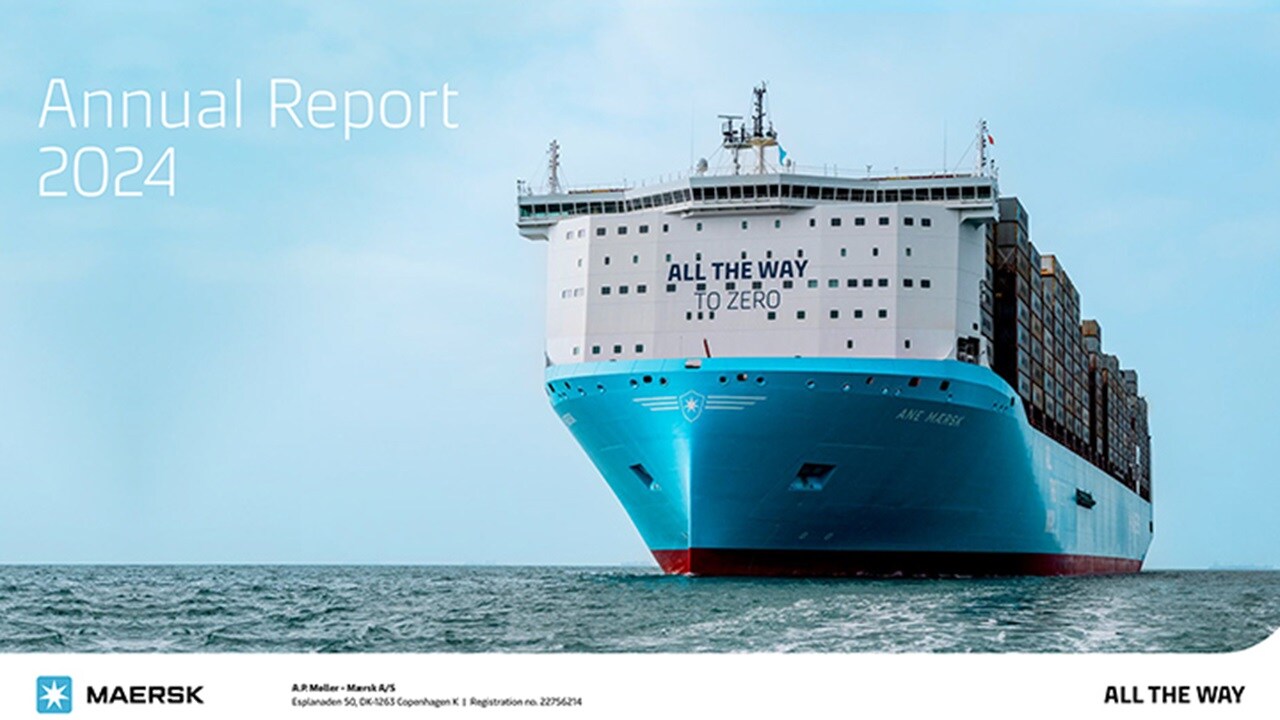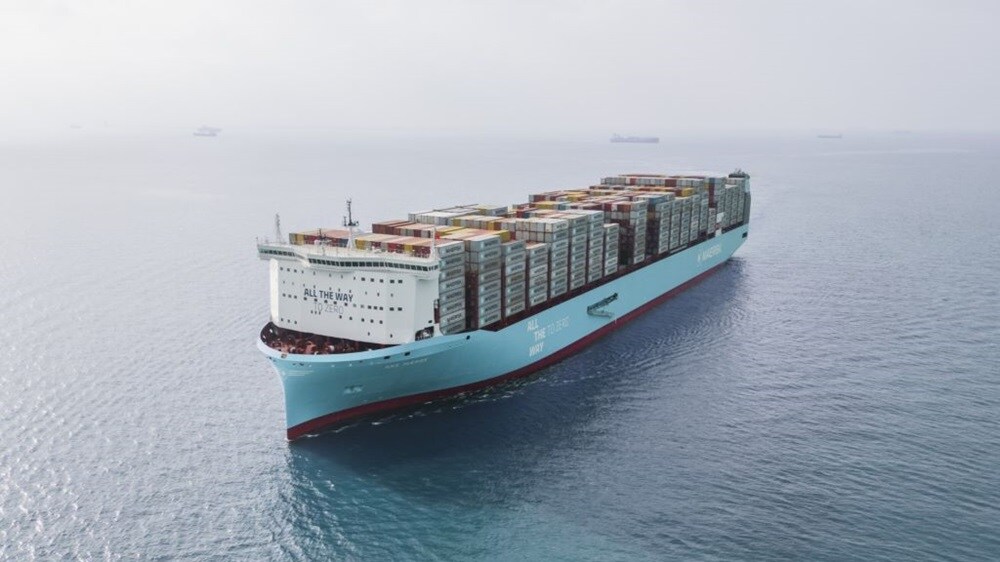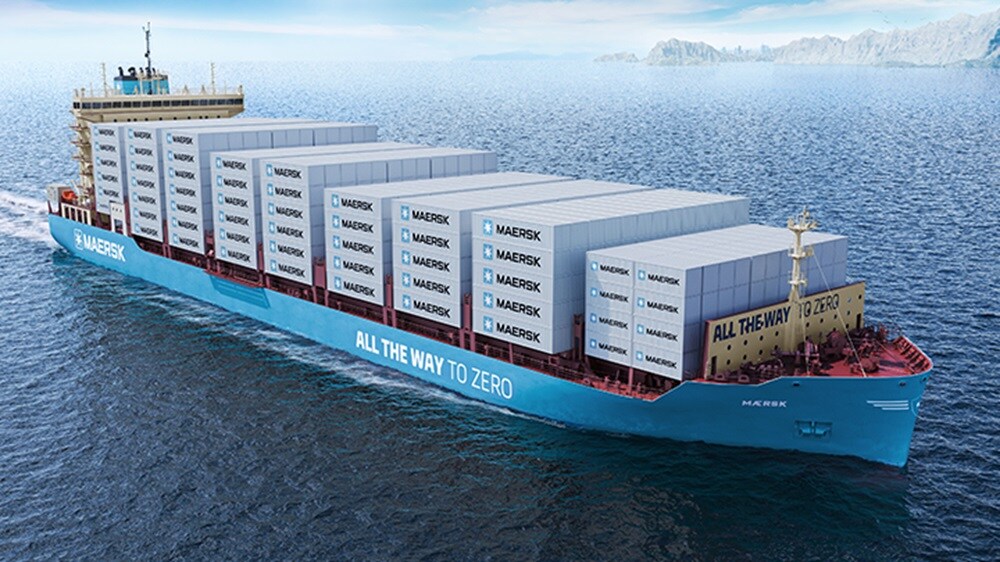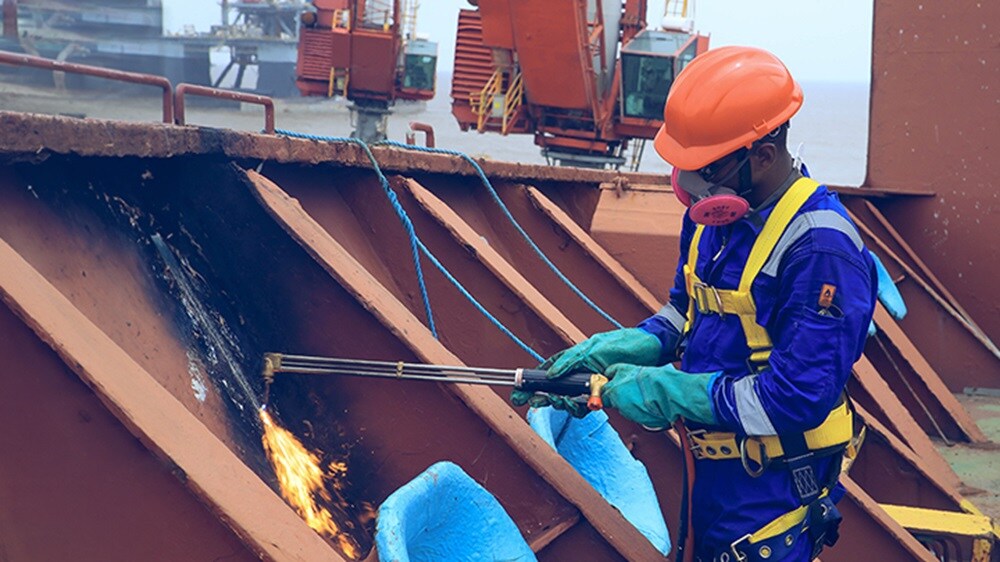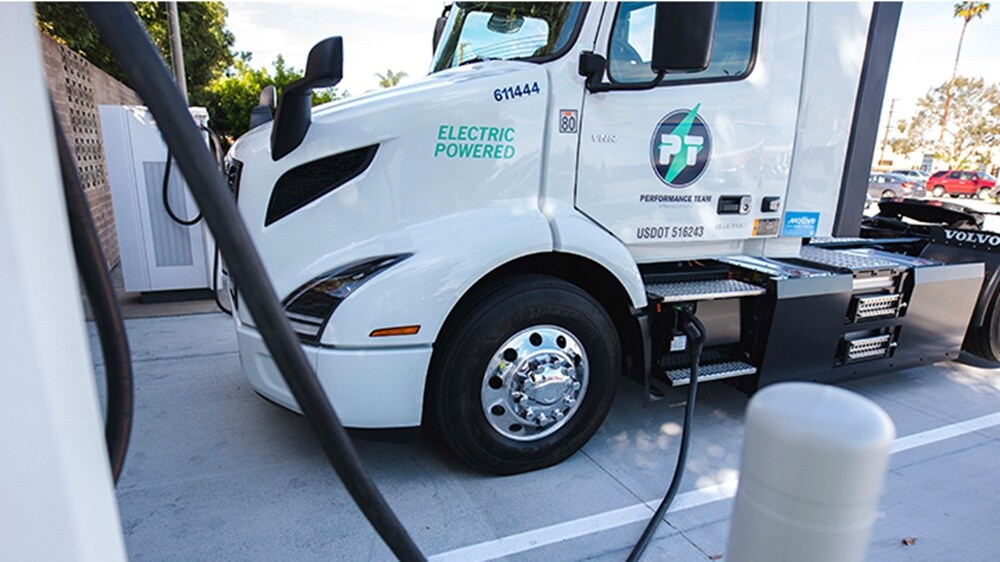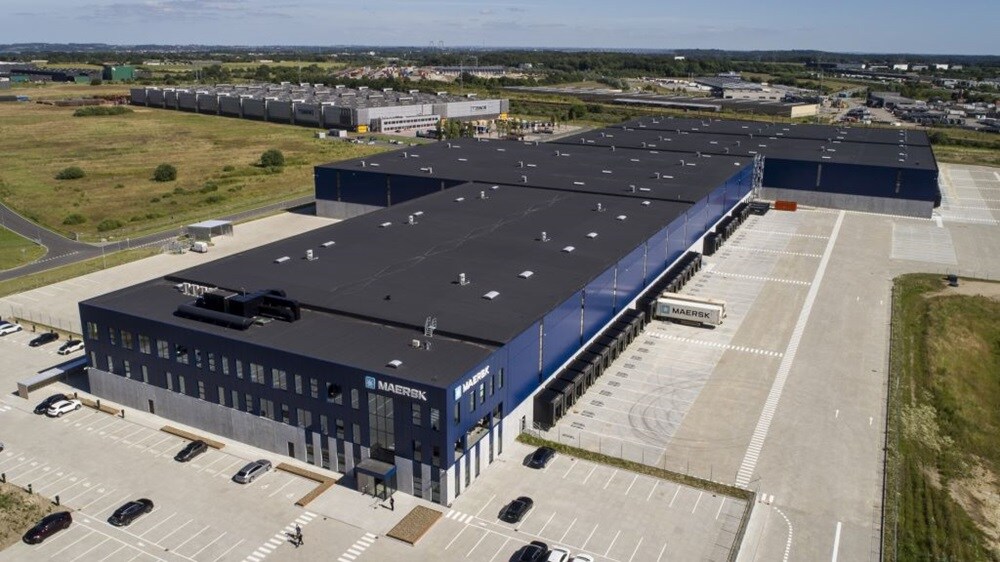
Decarbonising port terminals
Maersk’s network of port terminals connects our ocean and landside activities, making it a core focus area in our end-to-end decarbonisation strategy. With ambitious targets, we aim to lead the race to net zero in the port terminal industry.
Why net zero port terminals matter
Our network of owned and operated terminals provides vital links between our land and ocean operations. Port terminals are also a focal point for local businesses, bringing economic and development benefits to the communities we serve.
But port terminals are also a significant contributor of greenhouse gas emissions, mainly from the generation of purchased electricity. Our near-term focus is to double down on switching to renewable electricity from onsite and offsite solutions while also replacing fossil-fuel container handling equipment with electric equipment.
Our ambition
We will take leadership in the transformation of the transport and logistics industry to net zero operations.
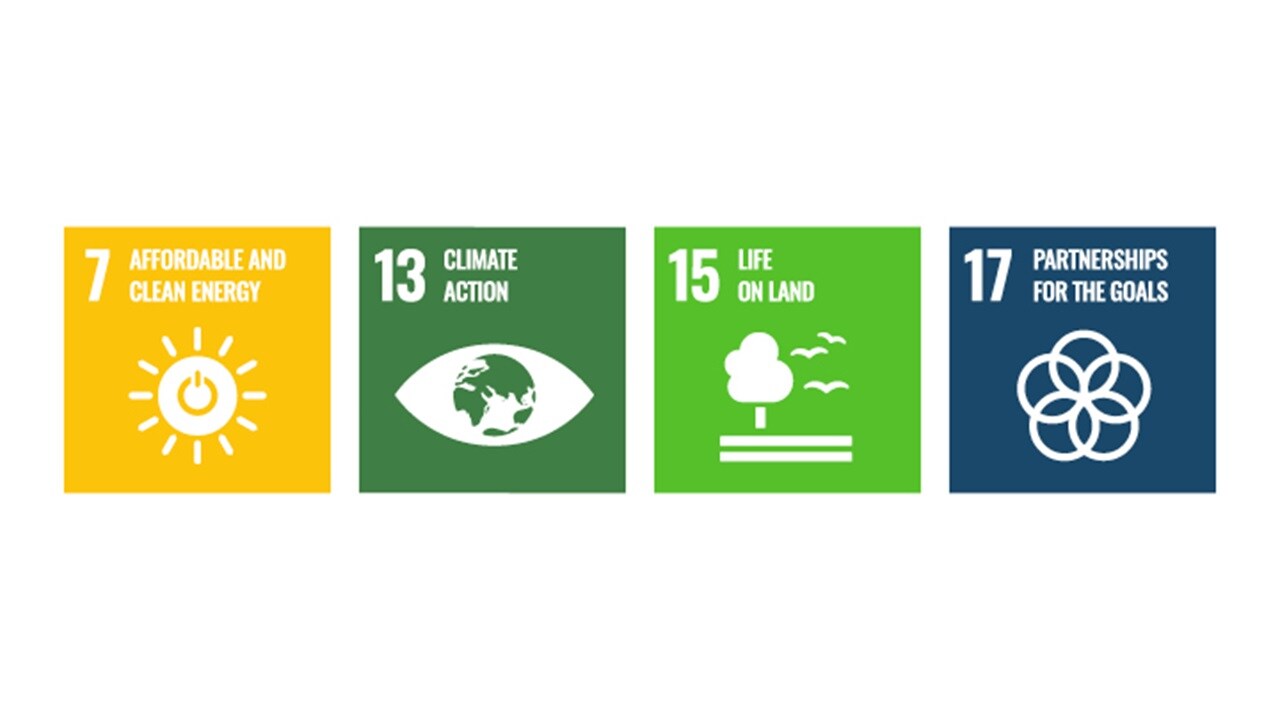
Highlights in 2024
Priorities and actions
Featured highlights and case stories
Electrifying terminal container handling equipment
In 2023, APM Terminals and DP World jointly announced the Zero Emission Port Alliance (ZEPA), an industry-wide strategic coalition aiming to accelerate the adoption of battery-electric container handling equipment in ports.
In December 2024, ZEPA published its first annual findings. It expects demand to rapidly accelerate in the coming years but notes the need for standardisation to ensure widespread adoption as well as the importance of grid and infrastructure updates to support increased terminal power demand.
While some electric equipment prices have fallen and reached cost-parity with fossil fuel alternatives, many electric container handling equipment categories still have a large price gap to diesel-powered alternatives. This is largely driven by a lack of scale or standardisation – for example the wide divergence in battery sizes, charging infrastructure and software for battery-electric equipment.
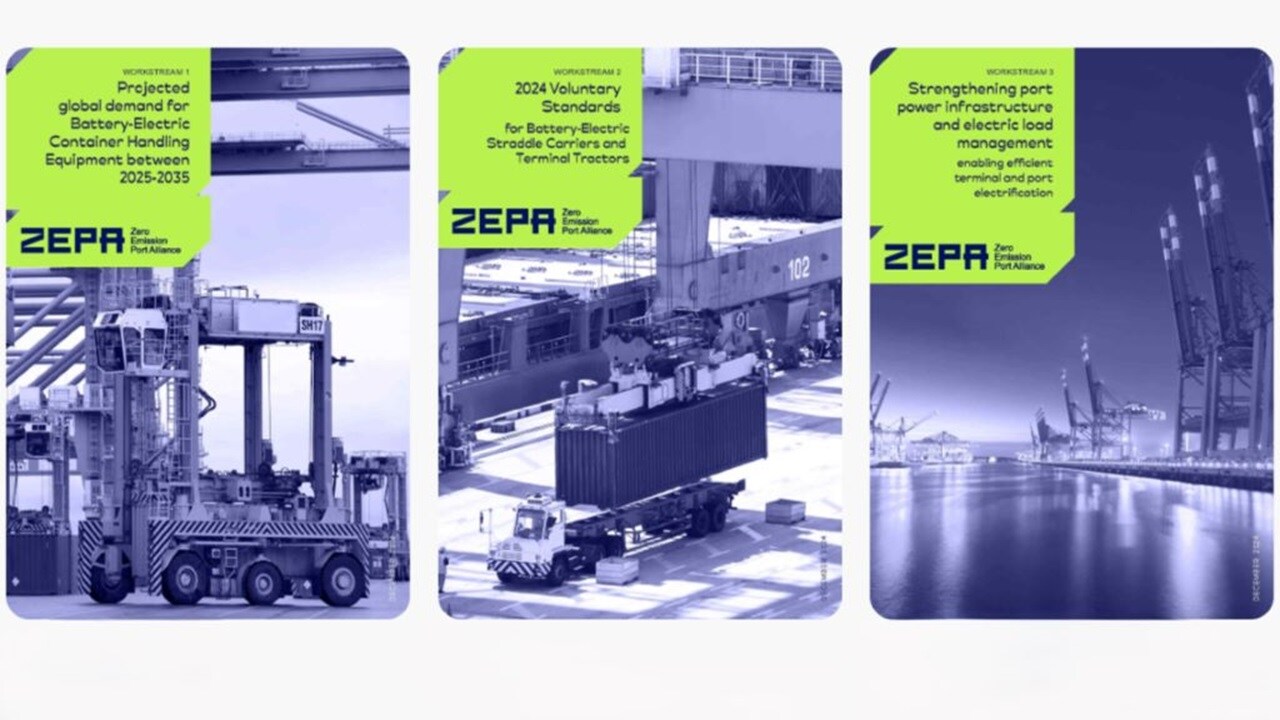
Electrifying container handling equipment
For APM Terminals, shifting from fossil-fuelled equipment in our ports to battery-electric container handling equipment is the main lever for reducing scope 1 GHG emissions. During 2024, we rolled out such equipment in Egypt, Jordan and Spain as part of our USD 60m electrification pilot programme across five terminals.
The Aqaba Container Terminal in Jordan is the first deployment of battery-electric container handling equipment in the Middle East. In addition to directly curbing GHG emissions, these pilots are important to helping APM Terminals understand how to safely operate battery-electric container handling equipment and to develop industry-wide best practices in order to scale these solutions across multiple terminals in the years ahead.
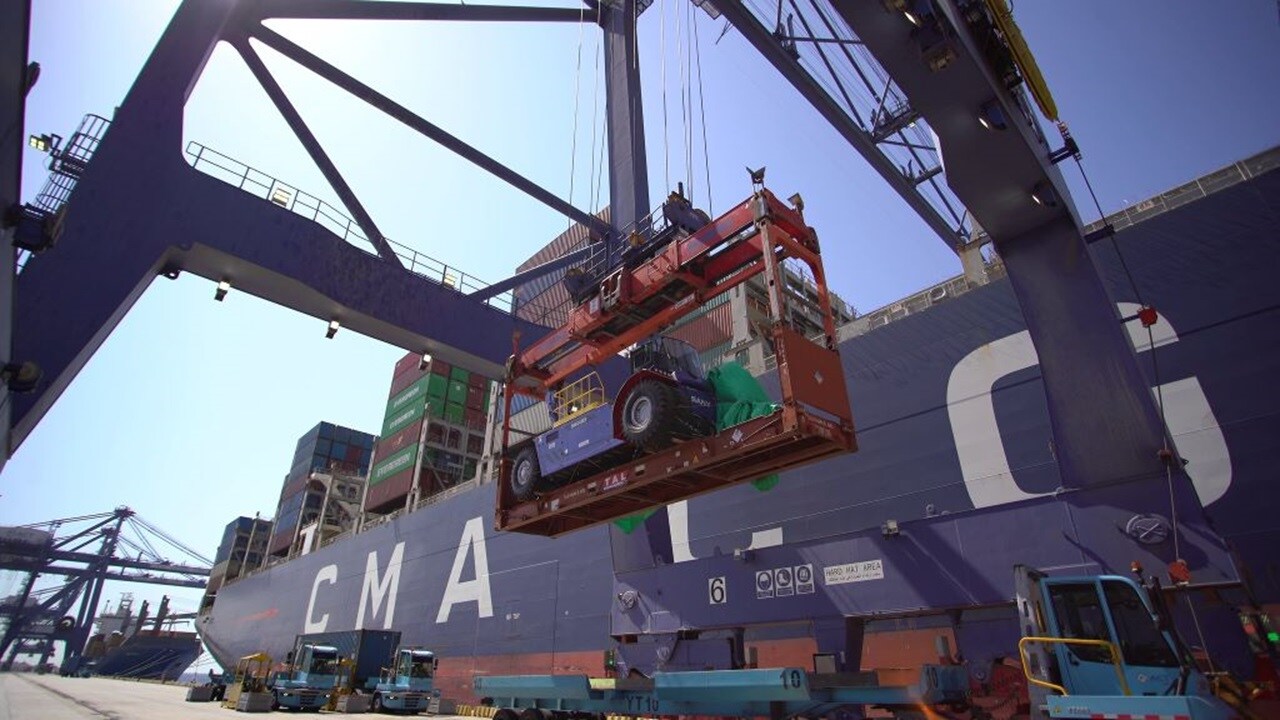
Annual Report 2024
